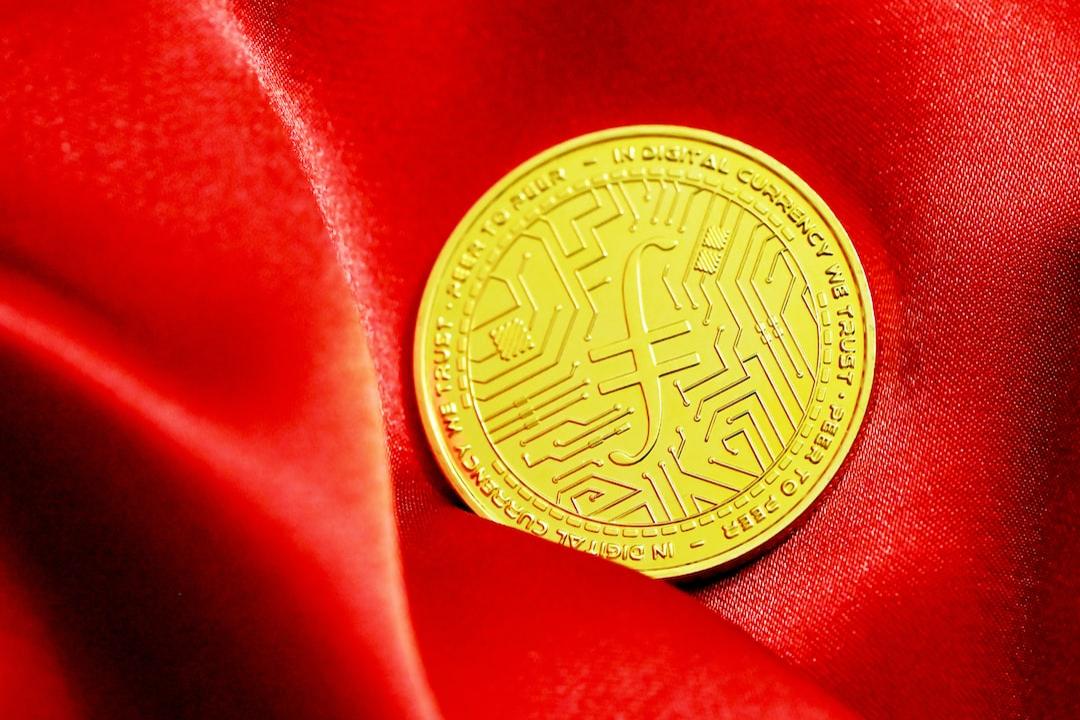A select few dominant Big Tech companies are currently dominating the artificial intelligence (AI) market, potentially creating a situation where they control the most powerful technology in the world. However, there are two companies that are seeking to change the direction of the AI industry by leveraging Web3 technologies to promote decentralization.
The Morpheus Network, a network that develops decentralized AI smart agents, officially launched on May 8th with a total locked value of over $350 million. The company has also partnered with 6079, an emerging player in the independent AI movement. Morpheus, which was developed by a collective of more than 200 open-source contributors, has already attracted over 5,000 users who have staked Ether (ETH) to its capital contract.
The aim of the Morpheus project is to create a more equitable funding environment for projects in the decentralized AI space. In conjunction with Morpheus’s launch, 6079 introduced its proof-of-inference protocol (PoIP) standard, which aims to democratize access to AI services and foster trustless AI operations. The project claims to have generated millions of impressions and attracted over 50,000 sign-ups for its “Free Think” initiative.
David Johnston, a contributor to Morpheus, expressed excitement about the fair launch of the PoIP protocol, highlighting that it was developed by the entire community. 6079 plans to release its PoIP later this year. The protocol will serve as a verification layer between GPU networks and AI applications, similar to how a captcha system works for websites.
Mike Anderson, the lead contributor of the 6079 platform, emphasized the importance of decentralized control in the development of AI technologies. He warned against the concentration of power in the hands of a few dominant entities. Anderson stated that this is a crucial moment for the emergence of an AI-focused protocol that truly represents the interests of the people.
Jesse Bryan, another contributor to 6079, echoed this sentiment and stressed the significance of democratizing access to AI technology to ensure a fairer digital future. 6079 envisions an AI future that respects the dignity and agency of every individual, promotes the pursuit of knowledge and ideas, and creates a world where human intellect can thrive without limitations.
The decentralized AI movement is gaining traction in the Web3 space as developers recognize that decentralization can lead to more unbiased AI algorithms. This shift has the potential to revolutionize the AI industry and bring about a more inclusive and equitable future.

